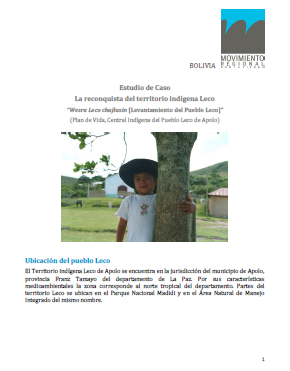The power of WASH: Why sanitation matters for nutrition
Water, sanitation, and hygiene can have a profound effect on health and nutrition. A growing base of evidence on the link between sanitation, child height, and well-being has come at an opportune time, when the issue of sanitation and nutrition in developing countries has moved to the top of the post-2015 development agenda.












